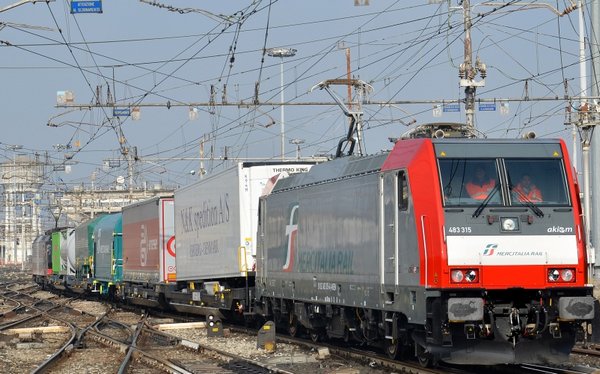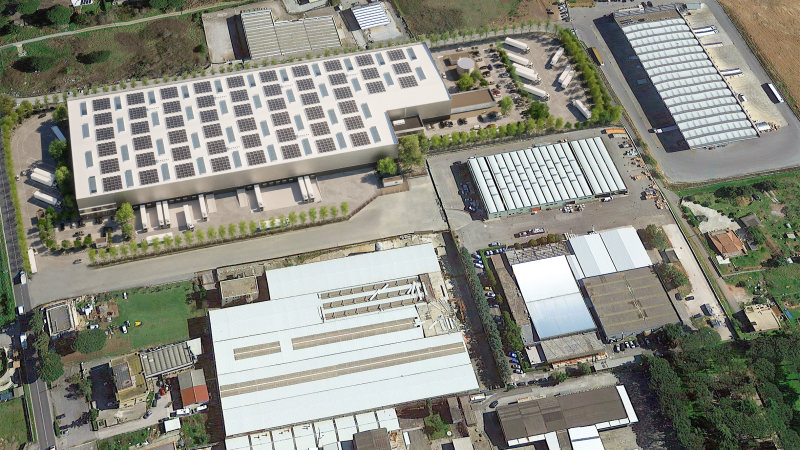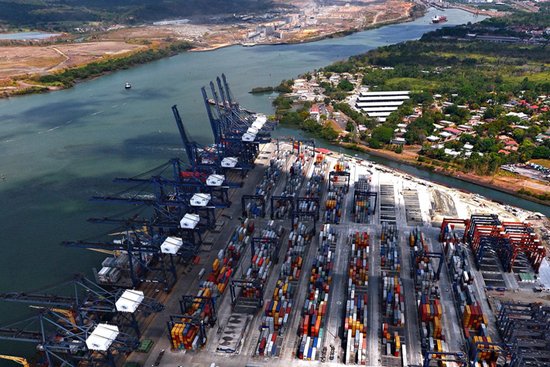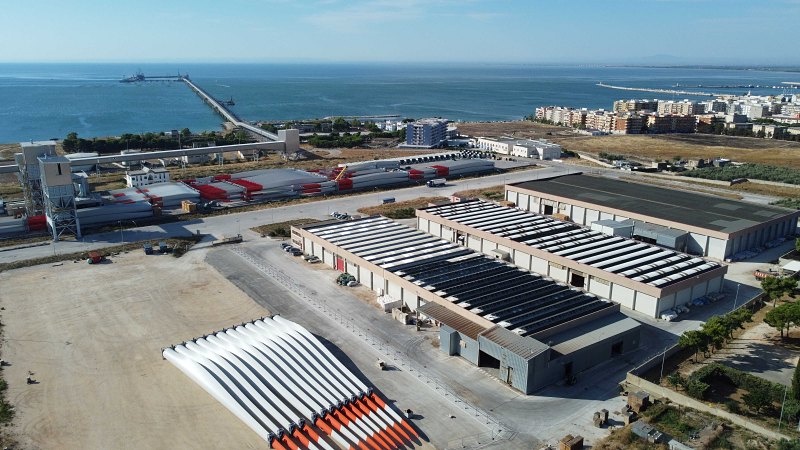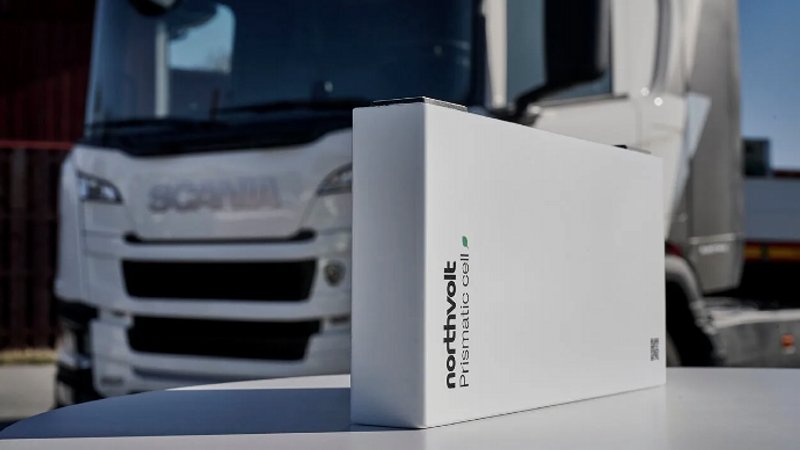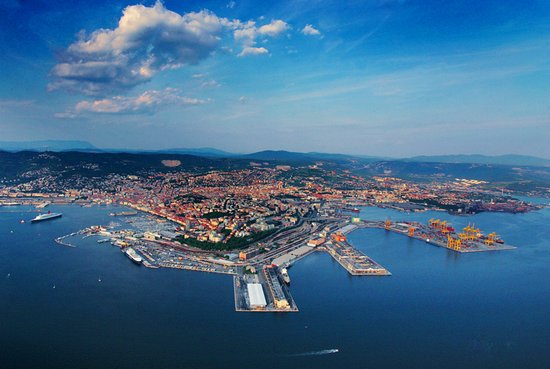On 3 April 2025, EP Group, the financial vehicle of Daniel Křetínský, announced it had completed the complex regulatory process to acquire IDS, the British group that owns Royal Mail and the delivery firm Gls. Barring any further hurdles, the offer is expected to become unconditional by 30 April 2025, formally transferring IDS from British to Czech control. However, London will retain a golden share, granting it the right to approve any future changes relating to the ownership, headquarters or tax residence of Royal Mail.
This brings to a close the long path Křetínský embarked on to take over the British group, which began with the acquisition of a 27.6% stake through his investment vehicle Vesa Equity Investment, making him the company’s largest shareholder. Křetínský aimed for full control and initially submitted an offer of 320 pence per share, which was rejected by the IDS board as “significantly undervaluing the company and not reflecting its future prospects”. In May 2024, he raised his offer to 370 pence per share, which IDS accepted, giving the group an overall valuation of £3.57 billion, equivalent to approximately 4.2 billion euros.
The acquisition is being carried out through a special purpose vehicle named EP UK Bidco Limited, controlled by Křetínský, who holds 56% of it via his EP Corporate Group. The remainder is owned by his long-standing partners at the investment group J&T Capital Partners. However, the approval of the IDS board was not sufficient on its own. The presence of Royal Mail in the deal meant it also required a green light from the UK government.
To obtain this, Křetínský agreed to a series of binding commitments: maintaining the universal postal service by ensuring letter delivery six days a week at a fixed price throughout the UK for at least five years; keeping Royal Mail’s headquarters and tax residence in the UK; preserving jobs with no compulsory redundancies, particularly for frontline staff; maintaining current wage levels and recognising trade unions for at least five years; and granting employees a 10% share of any dividends paid to Křetínský. An additional commitment states that no dividends will be paid from Royal Mail to its owners until the company meets financial and performance obligations set by regulator Ofcom. Furthermore, dividends and asset sales will be blocked if they endanger the universal service obligation.
Křetínský’s motivations for acquiring IDS are varied and form part of a broader investment strategy in European logistics. Speaking to the Czech press, the billionaire explained that “we became shareholders of IDS because we saw the potential for the company to become one of the largest postal logistics groups in Europe. However, IDS’s market is evolving rapidly and the company must accelerate its transformation and investment in modernisation to remain competitive.”
Founded by Henry VIII in 1516, Royal Mail is one of the oldest companies in the world, but in recent years it has faced a range of challenges. These include strikes by workers, cybersecurity issues, fines from Ofcom for missing delivery targets, and the loss of its 360-year monopoly on parcel delivery from post offices. Like many other national postal operators, Royal Mail has suffered from declining volumes of traditional letters. However, the surge in parcel delivery demand driven by e-commerce presents a major opportunity that Křetínský intends to seize.
Analysts believe that under Křetínský’s leadership, IDS could benefit from substantial investment in modernising its operations. The Czech billionaire has a proven track record in turning around struggling businesses, as shown by his recent involvement with the French retail group Casino. Moreover, Gls is already profitable and operates across Europe. Given the rising demand for parcel delivery services, the company could become a key component in Křetínský’s growth strategy for European logistics.



